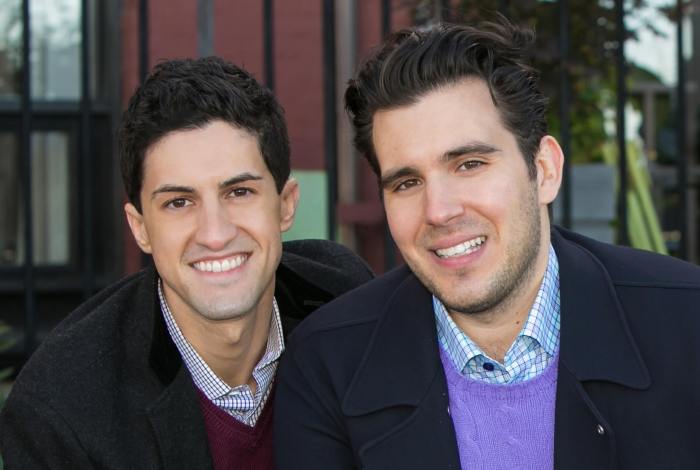The recent court decision on the 47 E. Third St. Economakis mass-eviction case has sent a shockwave of fear through tenants in the East Village and beyond, through the whole city, in fact.
The Court of Appeals, the state’s highest court, unanimously ruled that, to all appearances, there doesn’t seem to be anything illegal in Alistair and Catherine Economakis’s stated plan to evict all the tenants in their five-story East Village building in order to turn it into their own private mansion. The Court of Appeals supported the unanimous decision of the Appellate Division, which had overturned a ruling by State Supreme Court.
The remaining tenants in six apartments of 47 E. Third St. had argued in court that the mass eviction should first be reviewed by the state’s Division of Housing and Community Renewal, since, they claimed, it would effectively be a withdrawal of residential housing from availability. But the Court of Appeals disagreed. The law states that if an owner wants to convert a residential building to business use, D.H.C.R. must review the plan. But, in this case, the Economakises say they want to live in their building — all of it — and the Court of Appeals did not find any evidence to the contrary.
As the landlord’s attorney explained, the couple and their two small children have been residing in the century-old tenement for about a year now — and intend to keep doing so for a long time. Whether or not they really will reside there for more than three years is anyone’s guess. But that’s all the law requires — for the owners to reside in the building for three years after all the tenants are evicted or take buyouts. After that, they can do whatever they like with the property, including sell it as market-rate condos.
Should the Economakises renege on their stated plan, however, and don’t live there as they have sworn they will do, they do face penalties. Ultimately, they could be ordered to allow their evicted tenants to move back in. Of course, it might be a bit difficult to make space for the displaced tenants if all the walls of their former apartments have been knocked down to accommodate a private library, gym, “home-study area” and full-floor master bedroom, all things detailed in the Economakises’ application.
But the holdout tenants have not been evicted — yet. The Court of Appeals ruling clears the way for the landlords now to go to Housing Court and seek the tenants’ evictions. This is what the tenants had been trying to avoid in their litigation.
Clearly, the Economakises have a right to use their own property under the law, however vague that law may be. The law says an owner may take a unit for personal use; it doesn’t say he can take only one and no more, however. But the taking of an entire, five-story, 9,000-square-foot building — which formerly had 15 occupied apartments — for the personal use of their own, small, nuclear family is unseemly. More to the point, it raises the fear that this precedent will be replicated in small buildings throughout the city.
The Economakises’ attorney, though, said the law is the law, and that if tenant advocates want to change it, they should do so at the state level. Unfortunately, he’s right. It’s up to Governor Paterson to do what Eliot Spitzer never got around to doing — clarifying and tightening the mass-eviction law to prevent its abuse. If not, then more tenants will be displaced for dubious single-family private residences that may not stay that way for much more than the three-year limit. In the process, while gaining these temporary “mansions,” our city ultimately will continue losing its affordability and diversity.











